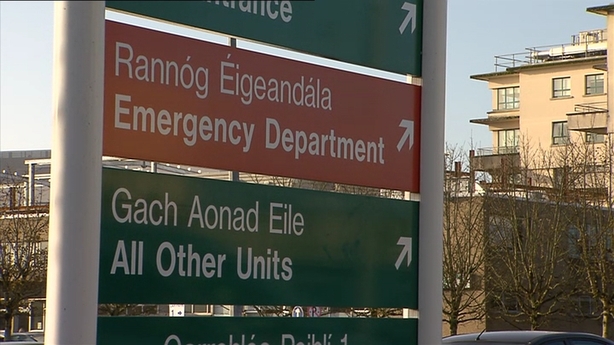There were 3,700 more patients waiting for inpatient, day case, outpatient treatment or other checks at hospitals across the country in August than the preceding month.
The latest data from the National Treatment Purchase Fund shows that nationally over 531,890 patients are now waiting to be seen at a clinic, for inpatient treatment or a gastrointestinal check.
It compares with a figure of 528,000 in July.
Waiting lists for inpatient care have increased slightly to 78,499,while outpatient clinic appointments have also increased by several thousand to over 435,100 compared with 430,500 in July.
Waiting lists for gastrointestinal checks fell from over 19,700 to just over 18,200 last month.
The details are published this evening on NTPF.ie.

Meanwhile, non-urgent elective procedures have been cancelled at University Hospital Galway as efforts continue to deal with overcrowding in the emergency department.
Management at the hospital appealed to people not to present at the emergency hospital, unless absolutely necessary.
A significant number of patients are awaiting admission and a full capacity protocol has been implemented.
Patients are being reviewed to identify those who could be discharged from the hospital.
People in need of medical attention are being asked to contact their GP or liaise with doctor on call services before travelling to the emergency department.
Meanwhile, the €40 million Government/HSE Winter Plan to deal with emergency department overcrowding is expected to focus on several problem hospitals and fund more home care packages. The plan is due to be published tomorrow.
There were a total of 407 people waiting on trolleys in hospitals around the country today according to the latest figures from the Irish Nurses and Midwives Organisation.

